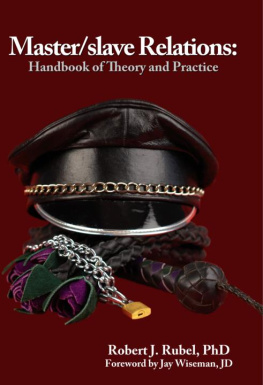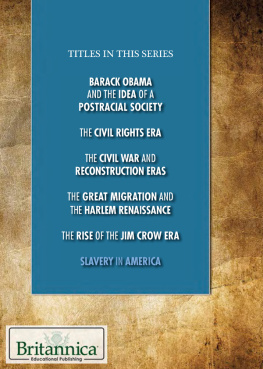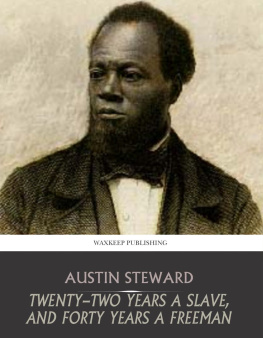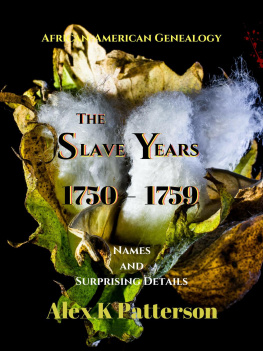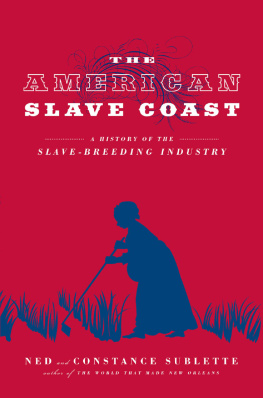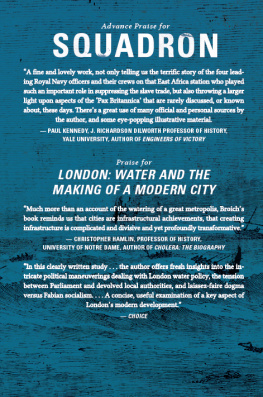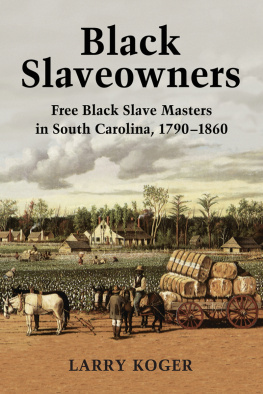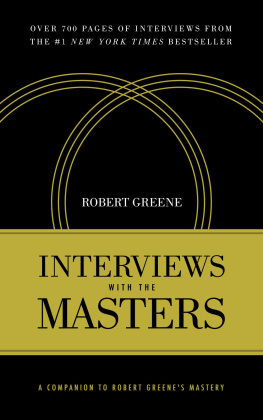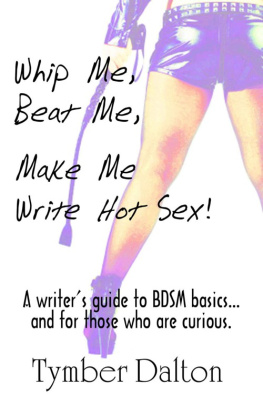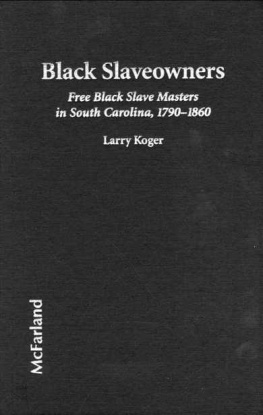Robert J. Rubel, PhD



This book is dedicated to all of you who have the personal courage to explore this form of structured relationship. My hat is off to you. This is a path populated with unusual people. This is a path for those who walk down The Road Not Taken. This is a path for those who are willing not to lead a life of moderation, but are willing to challenge some long-held and culture-based assumptions about relationships between consenting adults. This is a path for those who are highly self-directed and who are capable of determining and acting upon their personal vision of their own relationship with their own partner.
Bob Rubel
Austin, Texas
2006
The Road Not Taken





Robert Frost
A number of Masters have influenced me in profound ways as I have been on my Journey of Mastery. In alphabetical order, those who have had most influence are:
Master Skip Chasey, a man of peace and calm, spirituality and centeredness, who inspires all who come into his presence.
Master Bert Cutler, International Master 2003, who exudes sagacity and warmth and knows how to give advice and counsel in ways that it can be accepted and used.
Master Jim Glass, International Master 2001, who serves as a model for what is possible if you set your goals high enough.
Master Jack McGeorge, Northeast Master 2005, who is the only Master that I know of who has a more detailed Manual of Protocol than I do.
Master Steve Sampson, International Master 2000, who puts heart and soul into everything he touches, and in return, is enveloped in love and adoration.
Sir Stephen Siegel, International Master 2005, who demonstrates so well how one can create one's own Lifestyle - that one can be Leather and run a Victorian Household.
Master Robert Steele, a Master who needs no titles, a good friend and close counselor who constantly nudges me back onto the Correct Path in life.
Master (the Good Officer) Wes who - with overarching good spirit and love - thinks deeply and writes eloquently about Things Leather that matter in the world.
Master Z (Dallas), International Master 2004, whose boundless enthusiasm for life, plus his commitment to the Leather Tribe, serves as a model to those of us he touches.
I certainly acknowledge Brenna, my companion since March 2002, who has been at times my Master, my partner and my lover, and who remains a deep and close friend - we just haven't quite figured out the relationship structure. Thank you for editing this book - among all the others. Thank you for staying with me. You make me a better person, in general, and a better writer, in particular.
Thanks, too, to slave mindi, who lights up any room she enters, and who orders my world so I no longer have to think about it. She has indeed mastered service in the spirit of sprezzatura - effortless technique. And she's mastered the art of living with me, no mean feat, that.
And thanks to obsidian, who is a daily reminder of how important it is to live fully in a structured relationship and how much this kind of relationship differs from the world of Vanillas. To watch obsidian interact within our Family demonstrates the elegance of a dance well learned.
Now - a special note of deep gratitude and appreciation for my close friend Jay Wiseman, who in addition to writing the foreword to this book, anguished many hours over the text and made the final content edit. The book has been greatly enhanced by his effort.
We live in a time of both great and exciting changes in personal relationships. Given the current cultural freedom to choose the types of relationship structures and agreements that work best specifically for them, more and more people are experimenting with highly alternative relationship structures. For example, we see the prominent rise of gay marriage. We also see more and more consensually non-monogamous married people who are quite happy about their arrangement and whose marriage seems to be at least as stable as those in 100% monogamous marriages. Further, we see more and more people choosing to live in expanded family "group marriage" types of relationships.
While many people choose to enter into newer forms of relationships that offer greater freedom and equality than was true of more traditional relationship formats, others are - to the surprise of many onlookers - willfully, mindfully, and freely choosing to enter into intimate personal relationships that offer them less equality and freedom. The people making this choice seem to be completely reasonable, normal, and mentally healthy people, yet they intentionally enter into relationships that offer them less freedom than they otherwise could have. What's going on? Possibly something very important. Possibly something that addresses some very core needs of some people.
It's not a new observation to point out that even in many of the most traditional and conventional intimate personal relationships, there is frequently one "dominant" partner and one "submissive" partner. Sometimes this is expressed in very subtle ways, and sometimes this is expressed in more obvious ways, but it's generally the case that this dominant/submissive aspect to the relationship is relatively implicit.
By contrast, within the BDSM/Leather community, every year more and more couples (and larger intimate personal groups) choose to live in ways in which the dominant/submissive aspect to the relationship is relatively explicit.
Within the community, it's not particularly rare for one person to address a particular other person by a term such as "Master" or "Mistress." One frequently sees people who are wearing collars of leather, metal, or other materials around their neck, with these collars locked into place and the wearer not in possession of a key to that lock.
While the meaning of wearing such a collar is open to discussion, it's frequently the case that the person within said collar considers themselves to be "owned" by another person, to one degree or another, and is more than happy about being considered the "property" of that other person. Indeed, for some people, being "owned" by another person is the deepest and happiest type of intimate personal relationship they can conceive of being in, and both satisfies them much more deeply and contributes to their personal growth more fully than more conventional "equal" relationships can.

